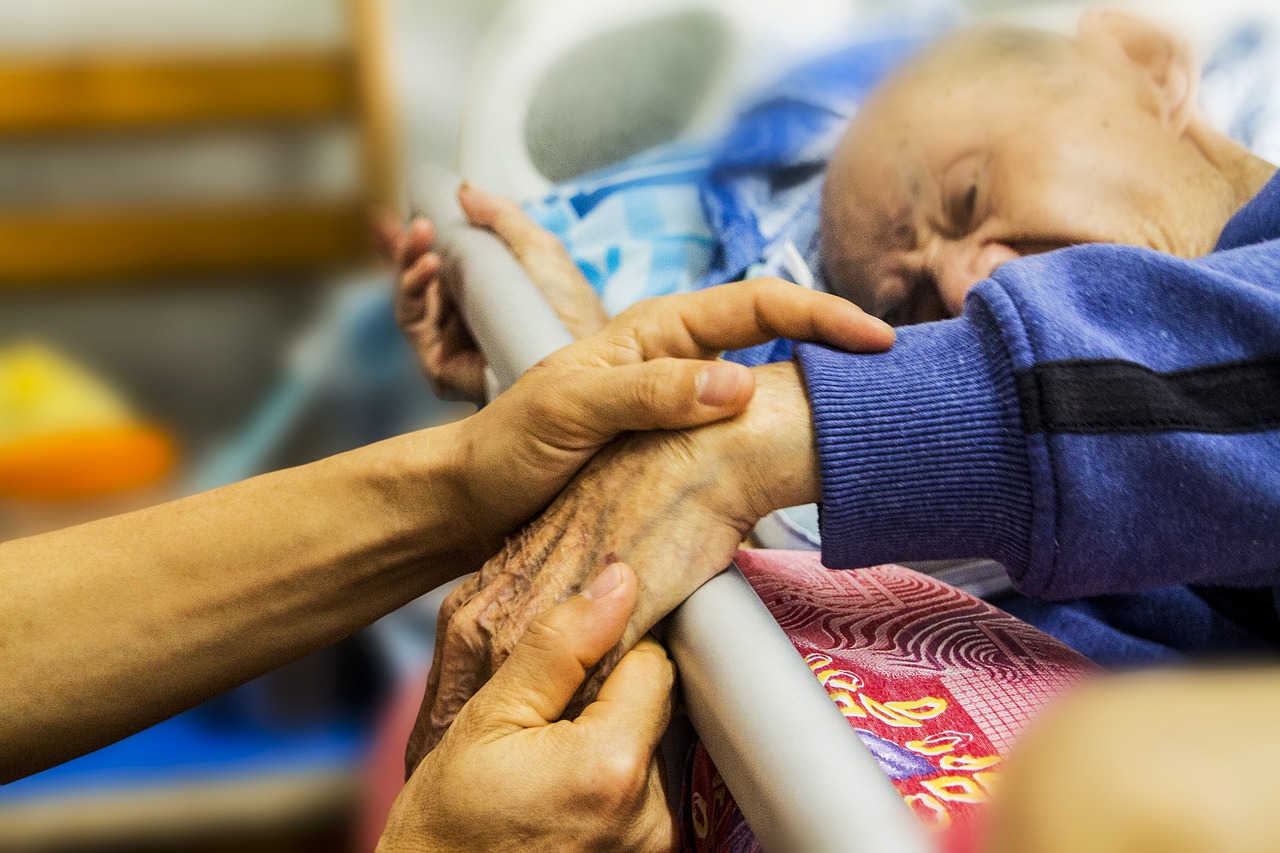How to Prevent Fraud and Financial Elder Abuse

When we think of elder abuse, we often think of physical injuries. But financial fraud is one the fastest growing forms of elder abuse. In fact, one out of every five Americans over the age of 65 has reportedly been the victim of a financial scam – and that’s not counting the many seniors who don’t report scams out of fear or embarrassment.
Financial fraud or exploitation can be caused by someone who is known to the individual or by a scam artist targeting individuals they think are vulnerable. The best way to stop financial elder abuse from both known and unknown parties is by taking steps to prevent it from happening before it ever starts.

Set up necessary legal and financial documents.
Regardless of our age, we should all take the steps necessary to put someone we trust in charge of our finances should we ever become incapacitated by illness or an accident. Power of attorney allows you to appoint a person to manage your financial decisions should you become unable to do so yourself. While setting up this essential financial document, take the extra step of setting up a healthcare power of attorney to make medical decisions for you if you are unable to do so. An advance directive should also be drawn up at this time so your individual healthcare wishes are clearly defined as a guide for anyone acting as your power of attorney.

Track financial accounts.
These days it’s easier than ever to keep tabs on bank accounts, credit cards, and investments. Email and text message alerts can be set up to notify you whenever the account is used. There are also tools like LifeLock that monitor your accounts to alert you to suspicious activity or threats to your identity, helping safeguard against financial elder abuse.

Add a trusted contact.
Banks and investment firms offer the option of adding a trusted contact to most accounts. The bank uses this person as a backup if there is suspicious activity in your account, and they can’t get in touch with you. This trusted contact can be a family member, an accountant, an attorney, or any other person who would respect your privacy and safeguard your financial interests. The trusted contact does not have the authority to make transactions using your account. They are simply asked to confirm your current contact information, health status, or the identity of your power of attorney, trustee, legal guardian or executor.

Keep in touch.
Loved ones can help protect their family from fraud and financial elder abuse by staying informed and in close contact. Isolated people are at the greatest risk of scam artists who earn their trust over time. If your loved one has domestic or home health support, get to know the individuals coming into their home. Make sure that they are working for a bonded agency that performs rigorous background checks. But the biggest thing you can do to prevent fraud is to be present in your loved one’s life.
Crossroads Hospice & Palliative Care supports patients with serious and terminal illness. To learn more about our services, please call 1-888-564-3405.
If you found this information helpful, please share it with your network and community.
Copyright © 2022 Crossroads Hospice. All rights reserved.




